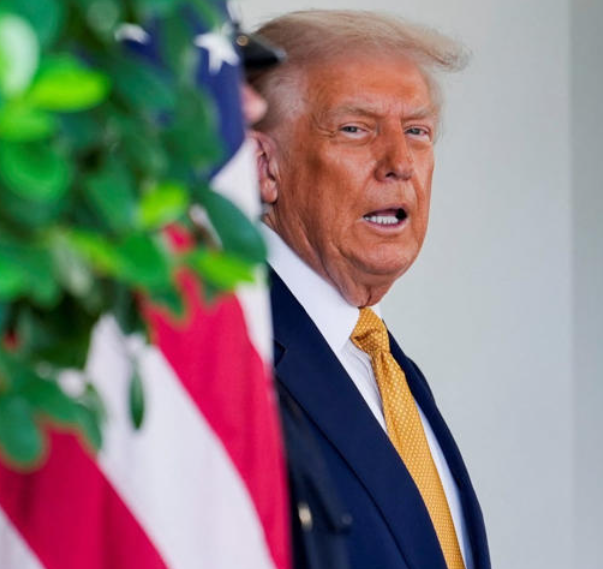
WASHINGTON, D.C. — Former U.S. Vice President Dick Cheney, a towering figure in Republican politics and one of the most influential vice presidents in American history, has died at the age of 84.
According to a statement from his family, Cheney passed away Monday night from complications of pneumonia and cardiac and vascular disease, surrounded by his wife of 61 years, Lynne, and their daughters, Liz and Mary.
“He was a great and good man who taught his children and grandchildren to love our country and to live lives of courage, honor, love, kindness, and fly fishing,” the family said. “We are grateful beyond measure to have loved and been loved by this noble giant of a man.”
Born Richard Bruce Cheney in 1941 in Lincoln, Nebraska, and raised in Wyoming, Cheney’s political career spanned more than three decades. He served as White House Chief of Staff, Wyoming congressman, and Secretary of Defense before becoming vice president under George W. Bush in 2001.
Initially brought onto the Bush campaign to help select a running mate, Cheney ultimately became the choice himself — seen as a steady hand with deep Washington experience. “He really wanted me to come on board because he thought I could help govern, be part of his team, and that he wanted me involved in everything,” Cheney told CBS’s 60 Minutes II in a past interview.
As vice president, Cheney wielded extraordinary influence, shaping national security policy in the wake of the September 11 attacks. He became a driving force behind the Iraq War and the expansion of executive powers, earning both praise and criticism for his hard-line approach.
Cheney’s career was also marked by persistent health struggles. He suffered five heart attacks, beginning at age 37, and in 2010 underwent a procedure to implant a mechanical heart pump before receiving a heart transplant in 2012. Following the operation, he described every new day as “a gift.”
A lifelong outdoorsman, Cheney was known to retreat to the Wyoming countryside to fish and spend time with family. His wife, Lynne, and daughters have each maintained public roles in education and politics — most notably, Liz Cheney, who served as a U.S. congresswoman and rose to national prominence for her vocal defense of constitutional values.
Cheney leaves behind an enduring legacy — a blend of patriotism, power, and principle that shaped a pivotal era in American politics.
Credit: CBS News





